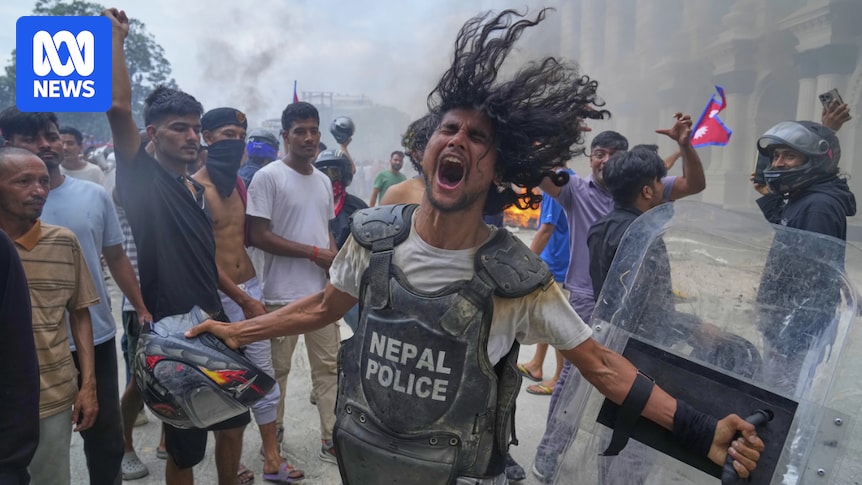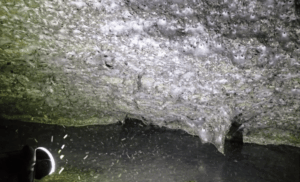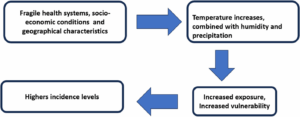
Nepal has entered a pivotal moment in its political history following the deadliest outbreak of political violence in decades. Last week, predominantly Gen Z protesters flooded the streets of Kathmandu and other major cities, leading to the resignation of Prime Minister Khadga Prasad Oli on Tuesday. In a historic move, former Chief Justice Sushila Karki has been appointed as the interim prime minister, becoming the first woman to lead the Himalayan nation. Her primary task is to oversee new parliamentary elections.
The unrest, however, has left significant damage in its wake, particularly around the capital. Security forces resorted to firing tear gas and rubber bullets to disperse the crowds, as some protesters set fire to state buildings, including the Supreme Court, parliament, police posts, and private businesses. The health ministry reported on Sunday that the death toll from the unrest has risen to 72, with search teams recovering bodies from government offices, homes, and other structures that were torched during the anti-corruption protests.
A New Dawn for Nepal
Upon formally taking office on Sunday, Ms. Karki addressed the nation, stating her tenure would not exceed six months, according to the BBC. She announced that the government would compensate the families of those killed with 1 million rupees (approximately $17,000) and provide free medical treatment to the injured. Her immediate focus is on forming a new cabinet and initiating the rebuilding of destroyed infrastructure.
“We must now engage in rebuilding the destroyed structures,” Ms. Karki told senior government officials, as reported by state television. The unrest has dealt a severe blow to Nepal’s already fragile economy, with estimates indicating that nearly 10,000 Nepalis lost their jobs overnight as violence spread. The Hotel Association Nepal reported losses amounting to 25 billion Nepalese rupees ($275 million), with tourist hotspots like Durbar Square and Pokhara remaining unusually quiet.
Not Just About Removing One Leader
The protests have transcended the removal of a single leader, with demonstrators demanding comprehensive investigations into a series of high-profile corruption scandals that they claim have eroded the state and enriched political elites. One of the most contentious issues is the Airbus A330 deal, where Nepal Airlines allegedly purchased two wide-body jets at inflated prices through dubious agreements.
Protesters, including youth social activist Ajit Bhatta, are calling for the establishment of an independent commission to investigate corruption under the former administration. “There are a dozen plus laws to punish corrupt officials, and there are half a dozen government agencies to curb corruption,” said activist Mr. Adhikary. “I think the next step would be to restore these heritage, the public properties which have been damaged,” added Bhatta.
Implications and Forward-Looking Analysis
The Gen Z-led movement is not solely focused on changing leadership but aims to reform the system to ensure accountability and safeguard Nepal’s future. The youth-driven protests reflect a broader desire for transparency and systemic change, with many young Nepalis demanding the disclosure of assets held by previous government leaders.
As Nepal navigates this turbulent period, the interim government faces the formidable challenge of restoring stability and public trust. The path forward involves not only addressing immediate economic and infrastructural damages but also implementing long-term reforms to prevent future corruption and political unrest.
Looking ahead, the success of Ms. Karki’s interim government will largely depend on its ability to unite a fractured nation and lay the groundwork for a more transparent and accountable political system. The coming months will be crucial in determining whether Nepal can emerge from this crisis stronger and more resilient.






